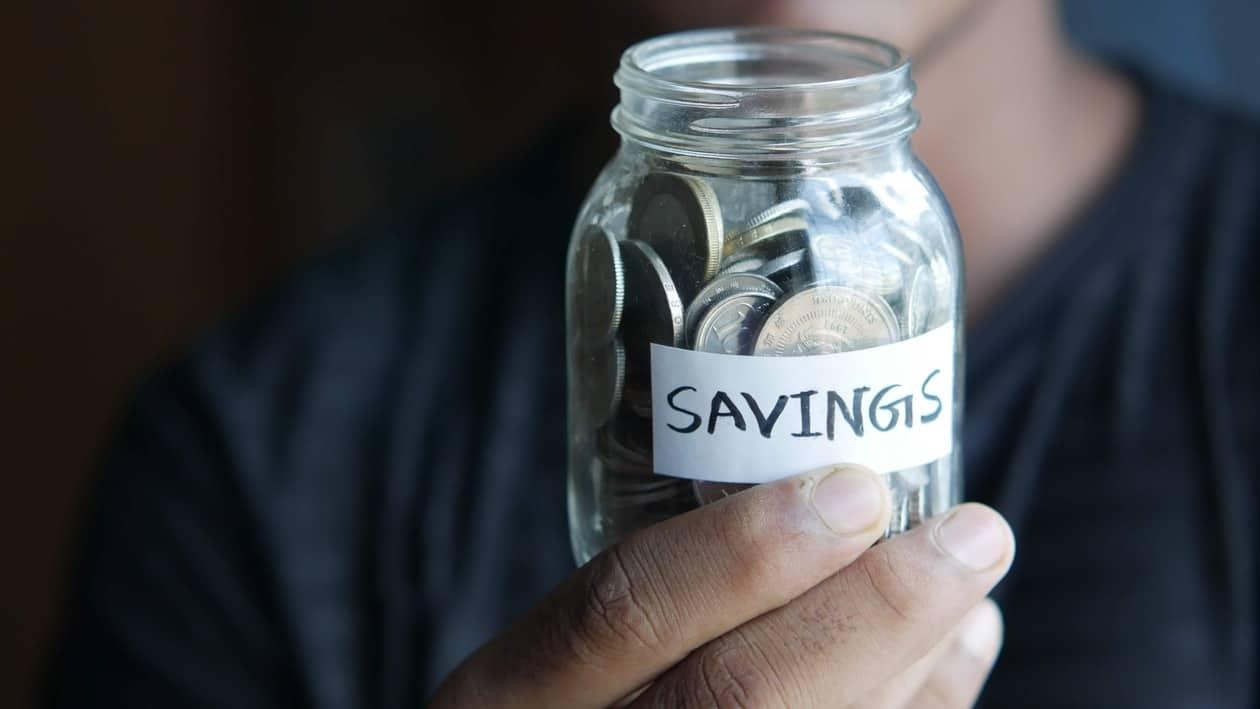During the time of world economic crises and recession, stock markets are taking a blood bath as almost all the companies are facing a lack of growth. Due to measures taken by the central bank of India, RBI, income/debt funds are also facing challenges.
A monthly report of AMFI for June 2022 shows that there is an outflow of ₹92,247.63 crore from open-ended debt-oriented schemes and ₹3,985.02 crore outflow from closed-ended debt-oriented schemes.
Why investors are exiting debt funds?
There can be majorly two types of investors investing in debt funds, corporates and individuals.
This selling pressure on corporates could be because of the quarter-end phenomenon, in which corporations withdraw money from Liquid and Overnight Funds to pay off short-term loans and other outstanding balances and to fulfil advance tax obligations. Usually, such money will get refunded in a subsequent year.
In the past year, returns on debt mutual funds have become unattractive to individual investors. With the exception of Credit Risk Funds, the majority of categories struggle to match the returns on Bank Fixed Deposits. Debt mutual funds typically do well when interest rates are lowering. However, because the RBI attempts to promote economic growth, interest rates are currently at a multi-year low. In addition, a rate increase is anticipated for the current fiscal year due to rising inflation. As a result, the debt fund boom is almost gone, affecting the returns on debt mutual funds.
Basically, economic crises, recession, all-time high inflation, and war situations between the countries are hindering the growth of countries, due to which, instead of taking steps towards the growth factors, the governments have to shift their strategies to survive the critical conditions.
How inflation affects debt funds
It is significant to note that the inflation rate for March 2022 crept up to 6.95 per cent, a 17-month high. Among other things, the conflict between Russia and Ukraine and the COVID-19-related disruption of the world's supply chains have put pressure on inflation in the local market.
To control the inflationary situation, the government has increased repo rates and CRR. Consequently, banks increased the existing interest rates at which they provide loans to their customers. Such a measure to control the money supply in the country helped the government to control inflation in the country.
Investors worry about mark-to-market losses due to the possibility of the reversed interest rate cycle, particularly in relation to schemes with higher exposure to securities with longer maturities. Compared to shorter period instruments, longer duration instruments are more sensitive to fluctuations in interest rates. In the event of an increase in interest rates, debt funds with exposure to medium- to long-term assets tend to be more volatile.
So, a good time to buy debt funds?
Well, long-period investment commitments could be risky when there is a possibility of hiking interest rates further in the country. Conceptually, short-term debt gains when the central banks take measures that lead banks to hike the interest rates on loans.
Buying short-term debt funds in today's scenarios could be proven to give you financial benefits.
But, this doesn't mean you can buy any debt fund you pick blindly, hallucinating that they will give you decent returns during interest rate hikes. You must tick off a checklist of investible debt funds. The checklist can be as follows;
- The company is solvent enough to repay your invested funds with expected returns.
- The credit profile of the company looks trustworthy.
- The company has invested in a well-diversified manner and in profitable funds.
If these checklists are ticking off, you can go for such short-term debt funds to give wings to your investments.
Aditi Khandelwal is a Certified Financial Planner and a Content Creator who loves to simplify Finance. She can be reached on Instagram aditi.khandelwall_ and Twitter @aditik_29
